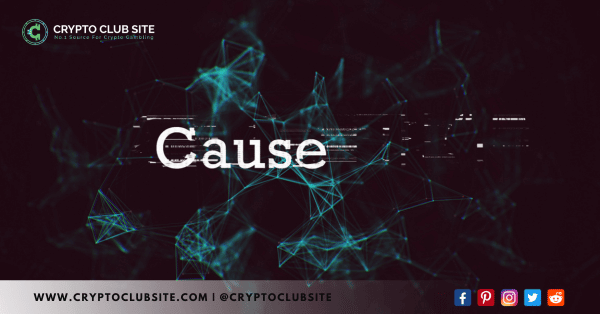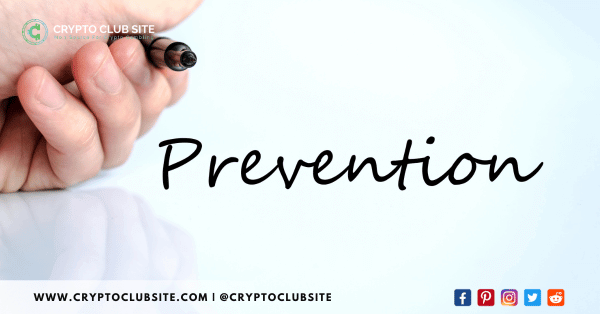INTRODUCTION
Have you ever felt so tired after gaming that you start to feel bad? And even though you feel bad, you also feel like you couldn’t do anything about it? That’s gaming burnout, where a mix of frustration, exhaustion, and overall negativity sets in after long gaming sessions.
Aside from the feelings we’ve mentioned, there’s a good link between gaming burnout and rage quitting. Picture this: You’ve been engrossed in an intense multiplayer match for hours. But after a series of defeats with other toxic players, you just quit halfway one game after. This is just one example of how rage quitting can contribute to post-gaming distress.
Gaming burnout can also stem from pressures to always rank first. But what’s interesting is most games are designed to not keep you in one state or level of skill. So, having this pursuit of in-game success isn’t really the best bet for anyone.
In this blog, we will delve deeper into the reasons behind feeling bad after gaming and explore strategies to prevent and manage gaming burnout. By understanding the underlying factors and learning effective coping mechanisms, you can enjoy gaming as a source of relaxation and entertainment without experiencing the negative aftermath.
SYMPTOMS OF FEELING BAD AFTER GAMING
When you feel bad after gaming, it’s essential to recognize the symptoms and understand how they can affect you. Here are some common symptoms associated with post-gaming distress:
Physical symptoms
- Fatigue: Excessive gaming can lead to physical exhaustion. This can result in feelings of tiredness and decreased energy levels.
- Headaches: Intense concentration and prolonged screen time can contribute to headaches and eye strain.
- Sleep disturbances: Difficulty falling asleep or disrupted sleep patterns may occur due to the stimulation from gaming.
Mental symptoms
- Lack of focus and concentration: Spending extended periods in front of a screen can make it challenging to concentrate on tasks outside of gaming.
- Reduced productivity: The negative impact on focus and concentration can lead to decreased productivity in other areas of life.
- Memory issues: Excessive gaming may affect short-term memory, making it harder to recall information or details.
Emotional symptoms
- Irritability and frustration: Frustration arising from challenging gameplay or unfavorable outcomes can lead to increased irritability and emotional volatility.
- Low mood and sadness: Feeling down or experiencing a sense of emptiness after gaming can indicate a negative emotional impact.
- Guilt and regret: Neglecting responsibilities or spending excessive time gaming may result in feelings of guilt or regret.
By recognizing these symptoms, you can better understand the effects of gaming on your well-being.

CAUSES OF FEELING BAD AFTER GAMING
Feeling bad after gaming can have various underlying causes. Here are some common factors that contribute to these negative experiences:
Too much gaming
Spending excessive amounts of time gaming without breaks or proper rest can lead to physical and mental exhaustion. The intensity and duration of gameplay can contribute to feelings of burnout, impacting overall well-being.
Lack of variety
Engaging in the same game or genre repeatedly may result in monotony and diminished enjoyment. The absence of variety can lead to feelings of boredom, dissatisfaction, and a decline in motivation.
Stress and anxiety
For some individuals, gaming can serve as a coping mechanism for stress or anxiety. However, when gaming becomes a primary means of escape or distraction, it can lead to increased levels of stress and anxiety when not gaming or when faced with real-life challenges.
Other factors
External factors such as social pressure, comparison to others, or a highly competitive gaming environment can contribute to negative emotions. Additionally, neglecting other aspects of life can lead to even more guilt. This can affect relationships, responsibilities, and self-care.
Understanding these causes can help you identify the root of your negative gaming experiences. It’s important to address these factors and find ways to establish a healthier relationship with gaming.

PREVENTION AND MANAGEMENT OF FEELING BAD AFTER GAMING
Experiencing negative emotions after gaming is something that can be addressed and managed. By implementing certain strategies, you can promote a healthier and more enjoyable gaming experience. Here are some preventive and management techniques to consider:
Set limits on gaming time
Establishing clear boundaries and time limits for gaming can help prevent excessive play and reduce the risk of burnout. Prioritize balance by allocating time for other activities, responsibilities, and self-care.
Take breaks from gaming
Regular breaks during gaming sessions are crucial to avoid physical and mental exhaustion. Engage in activities that promote relaxation and rejuvenation, such as stretching, going for a walk, or practicing mindfulness exercises.
Find other hobbies
Diversifying your interests and engaging in other hobbies outside of gaming can bring a sense of fulfillment and prevent gaming fatigue. Explore activities that align with your personal interests. This can include things like reading, exercising, playing a musical instrument, or pursuing creative endeavors.
Seek professional help if needed
If negative emotions persist or significantly impact your well-being, it may be beneficial to seek professional help. Therapists, counselors, or support groups specializing in gaming addiction or mental health can provide guidance and support.
Remember, maintaining balance and prioritizing your overall well-being are key to enjoying gaming in a positive and fulfilling way.
CONCLUSION
Feeling bad after gaming is a common experience that can be influenced by various factors. These include excessive play, lack of variety, stress, and other individual factors. It’s essential to recognize the symptoms and causes of these negative emotions to take appropriate preventive measures.
By recognizing the symptoms and causes of feeling bad after gaming, you can make informed choices to promote a healthier gaming experience. Setting limits on gaming time, taking breaks, exploring other hobbies, and seeking professional help when needed are effective strategies for prevention and management.
For more blogs like this, check our Crypto Club Site today.










